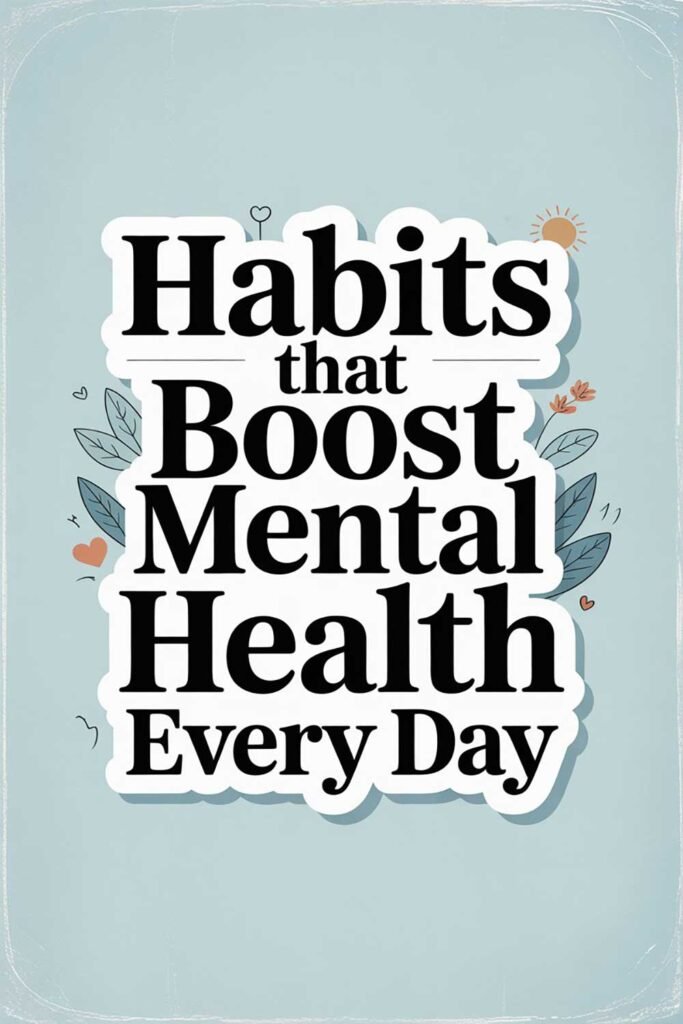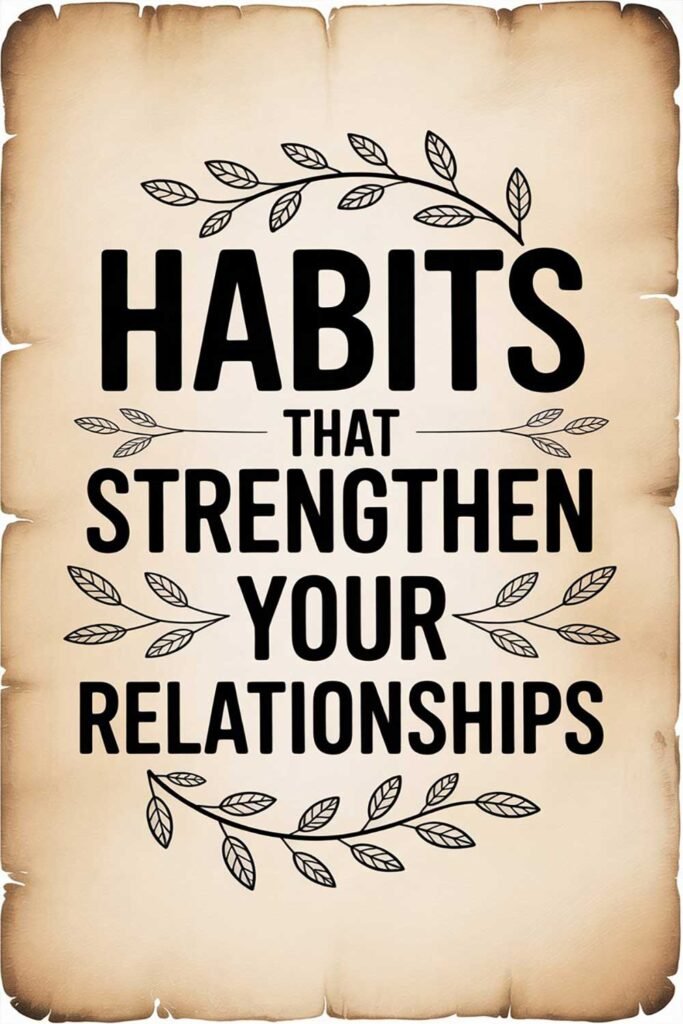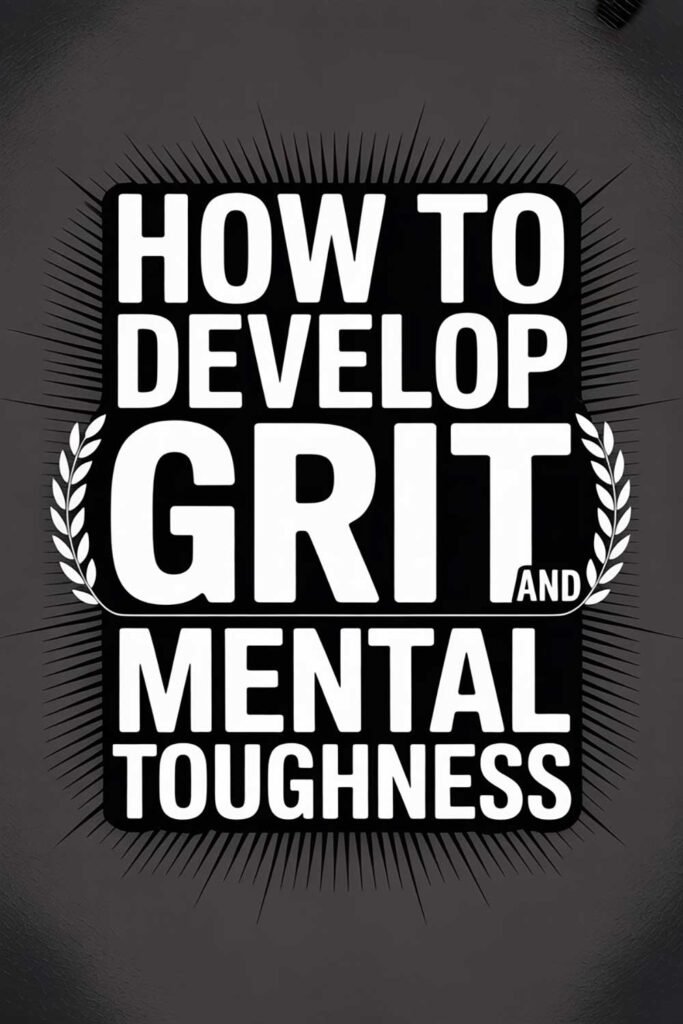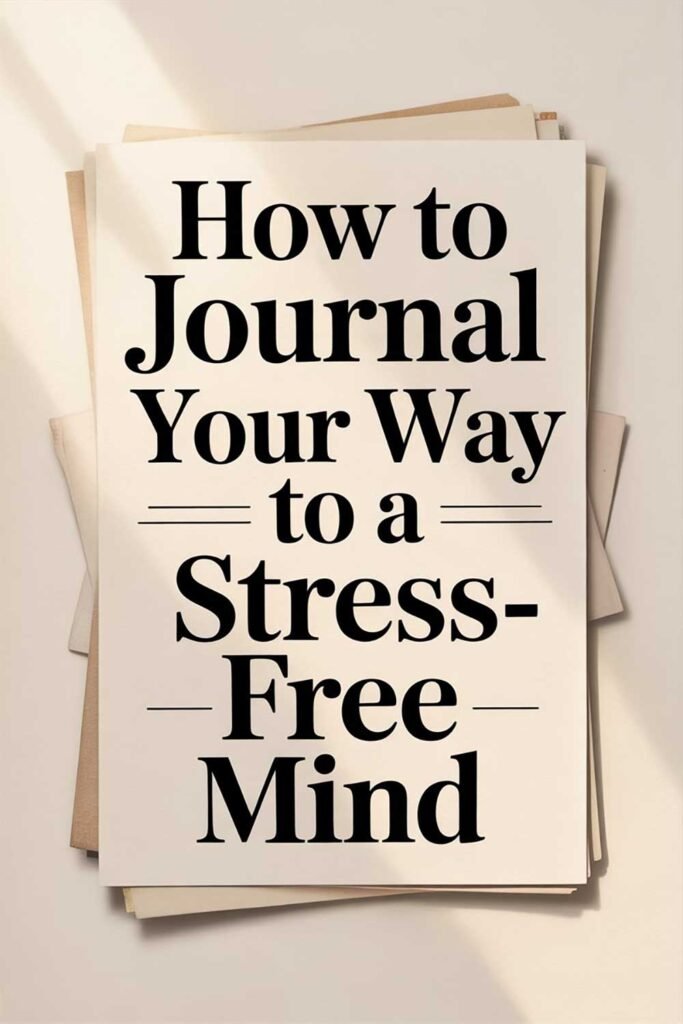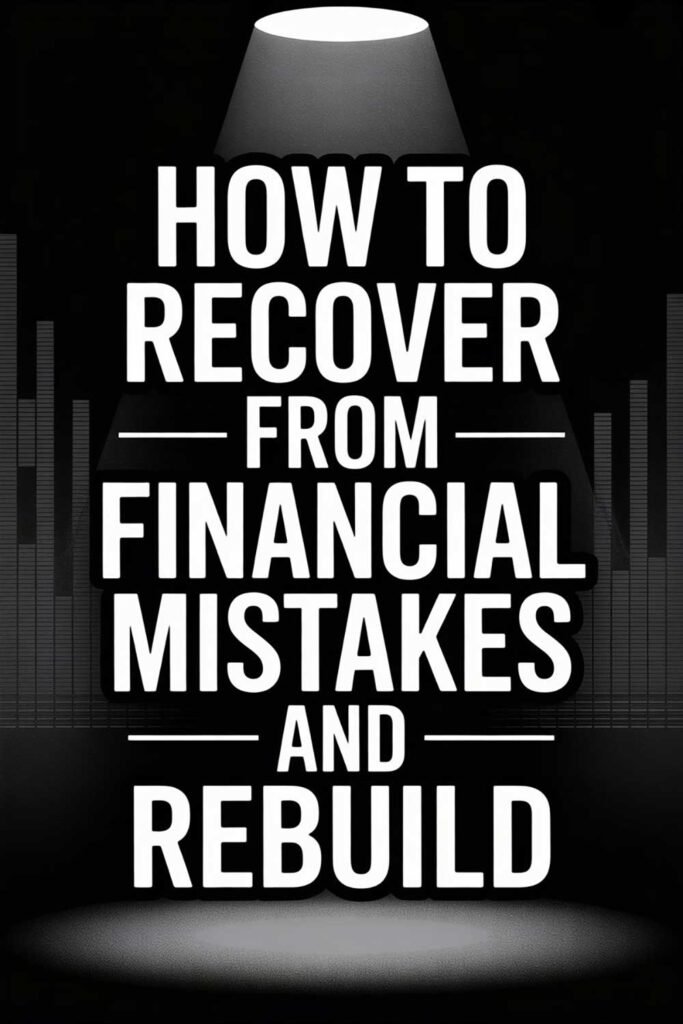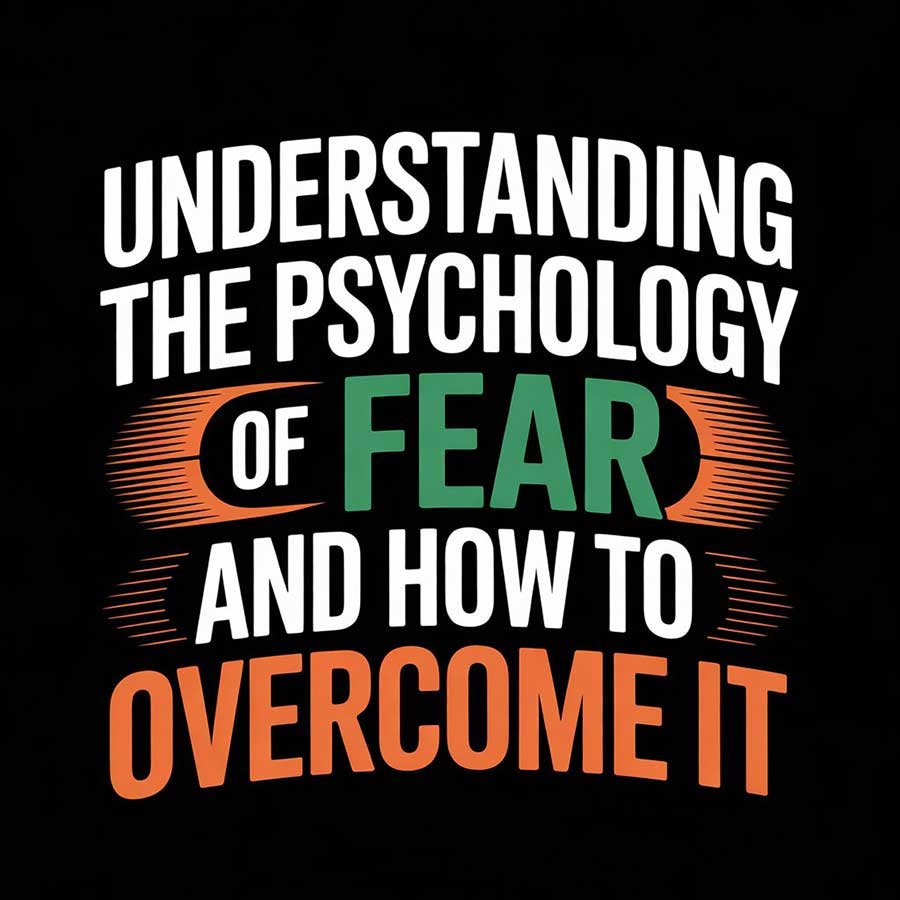
Understanding the Psychology of Fear and How to Overcome It
Fear is a fundamental human emotion that serves as both a survival mechanism and a psychological barrier. It can protect us from danger, but it can also hold us back from growth and fulfillment. Understanding the psychology of fear and learning how to overcome it can help us live with more confidence and resilience.
The Psychology of Fear: Why Do We Feel Fear?
Fear is triggered by the brain’s amygdala, which processes threats and activates the body’s fight-or-flight response. This response was essential for our ancestors’ survival, helping them react quickly to danger. However, in modern life, fear often arises from psychological rather than physical threats—such as fear of failure, rejection, or the unknown.
Common Types of Fear
- Fear of Failure – The worry of making mistakes or not meeting expectations.
- Fear of Rejection – The anxiety of not being accepted by others.
- Fear of Change – Discomfort with uncertainty and new experiences.
- Fear of the Unknown – The stress that comes from uncertainty about the future.
- Phobias – Intense, irrational fears of specific objects or situations (e.g., heights, public speaking).
The Effects of Fear on the Mind and Body
Fear is not just an emotion—it has physical, mental, and behavioral consequences.
Physical Effects:
- Increased heart rate and breathing.
- Muscle tension and restlessness.
- Sweating and heightened alertness.
Mental and Emotional Effects:
- Difficulty focusing and decision-making.
- Increased anxiety and self-doubt.
- Avoidance behaviors that reinforce fear.
How to Overcome Fear
1. Identify Your Fear and Its Triggers
Understanding what you are afraid of and why it affects you is the first step in overcoming it.
How to Apply:
- Write down your fears and what triggers them.
- Reflect on past experiences where fear held you back.
- Recognize patterns and work on addressing specific fears.
2. Reframe Fear as an Opportunity for Growth
Fear can be a sign that you are stepping outside your comfort zone, which is essential for personal development.
How to Apply:
- View fear as a challenge rather than a barrier.
- Shift your mindset from “I can’t” to “I can learn and improve.”
- Recognize that fear and excitement often feel the same physically.
3. Use Exposure Therapy Techniques
Gradually exposing yourself to your fears in controlled settings can help desensitize your fear response.
How to Apply:
- Take small steps toward confronting your fears.
- Increase exposure over time while practicing relaxation techniques.
- Celebrate progress rather than perfection.
4. Practice Mindfulness and Relaxation Techniques
Calming the mind can reduce the intensity of fear responses and increase emotional resilience.
How to Apply:
- Use deep breathing exercises to reduce anxiety.
- Practice meditation or guided visualization.
- Engage in progressive muscle relaxation to ease physical tension.
5. Challenge Negative Thoughts
Fear often stems from irrational beliefs or worst-case-scenario thinking.
How to Apply:
- Ask yourself, “Is this fear based on facts or assumptions?”
- Reframe negative thoughts into realistic, positive affirmations.
- Use journaling to challenge fear-based beliefs.
6. Develop a Courage-Building Routine
Facing fear regularly builds confidence and resilience over time.
How to Apply:
- Do one thing each day that scares you.
- Push beyond your comfort zone in small ways.
- Keep track of successes and lessons learned.
7. Seek Support
Talking about fears with supportive individuals can provide encouragement and fresh perspectives.
How to Apply:
- Share your fears with a trusted friend, mentor, or therapist.
- Join support groups or communities focused on personal growth.
- Learn from others who have successfully overcome similar fears.
Inspirational Quotes on Fear and Courage
- “Fear is only as deep as the mind allows.” – Japanese Proverb
- “Courage is resistance to fear, mastery of fear, not absence of fear.” – Mark Twain
- “Everything you’ve ever wanted is on the other side of fear.” – George Addair
- “Do one thing every day that scares you.” – Eleanor Roosevelt
- “You gain strength, courage, and confidence by every experience in which you really stop to look fear in the face.” – Eleanor Roosevelt
- “Fear defeats more people than any other one thing in the world.” – Ralph Waldo Emerson
- “Expose yourself to your deepest fear; after that, fear has no power.” – Jim Morrison
- “The brave man is not he who does not feel afraid, but he who conquers that fear.” – Nelson Mandela
- “Fear is a reaction. Courage is a decision.” – Winston Churchill
- “Turn your wounds into wisdom.” – Oprah Winfrey
Picture This
Imagine facing a situation that once paralyzed you with fear—whether it’s speaking in front of an audience, making a big life change, or standing up for yourself. Instead of avoiding it, you take a deep breath, reframe your mindset, and step forward with confidence. The fear that once held you back begins to lose its grip, and each small victory builds strength. What could you accomplish if fear no longer controlled your decisions?
Please Share This Article
If this article helped you understand and overcome fear, share it with someone who might need encouragement. Facing fear is a journey, and together, we can grow stronger.


